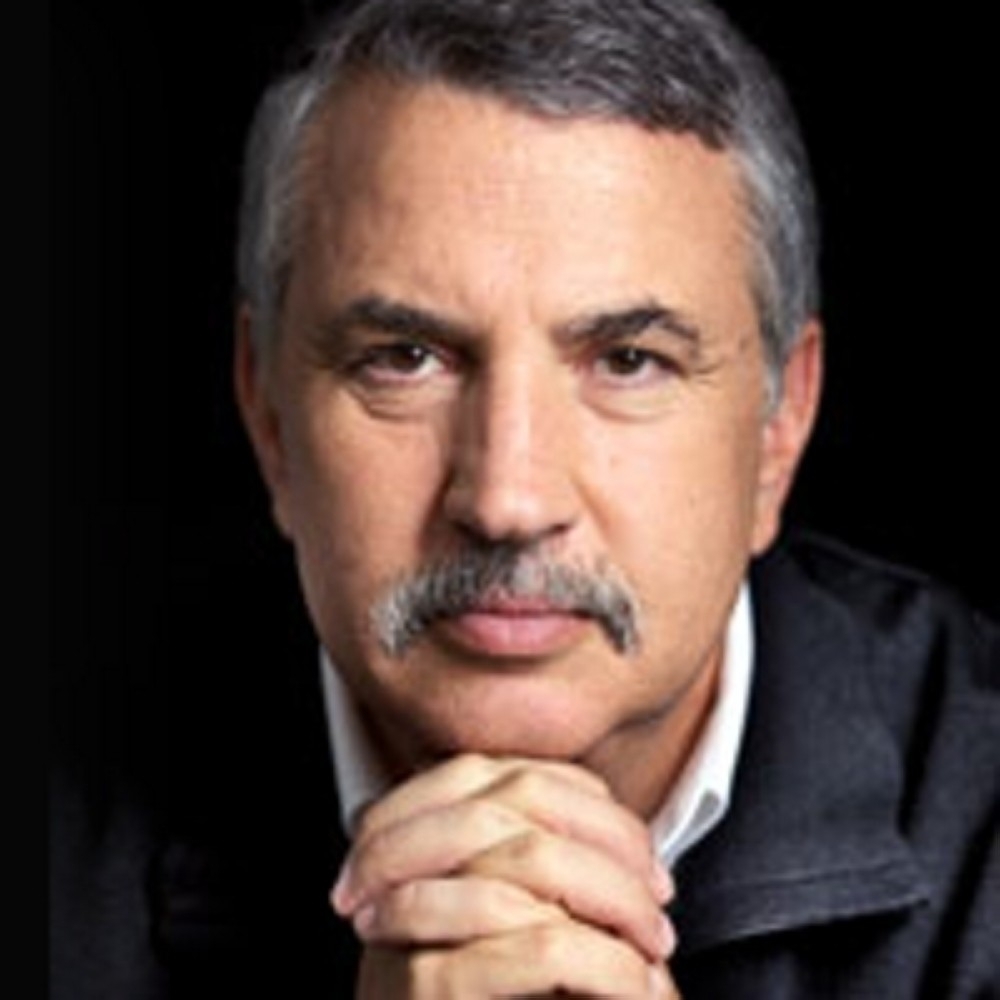

Every war brings surprises, but what is most striking about Vladimir Putin’s war against Ukraine — and indirectly against the whole democratic West — is how many of the bad surprises, so far, have been for Putin and how many of the good surprises have been for Ukraine and its allies around the world.
How so? Well, I am pretty sure that when Putin was plotting this war, he was assuming that by three weeks into it, he’d be giving a victory speech at the Ukrainian Parliament, welcoming it back into the bosom of Mother Russia.
He probably also assumed that Ukrainian President Volodymyr Zelenskyy would be in exile in a Polish Airbnb, Russian troops would still be removing all the flowers from their tanks thrown by welcoming Ukrainians, and Putin and China’s President Xi Jinping would be high-fiving each other for having shown Nato and Sleepy Joe who’s going to set the rules of the international system going forward.
Instead, Ukrainians have given Russians a tutorial on fighting and dying for freedom and self-determination. Putin appears locked into his own germ-free isolation chamber, probably worrying that any Russian military officer who comes near may pull a gun on him.
Zelenskyy will be addressing the US Congress virtually. And rather than globalisation being over, individuals all over the world are using global networks to monitor and influence the war in totally unexpected ways. With a few clicks they’re sending money to support Ukrainians and with a few more keystrokes telling everyone from McDonald’s to Goldman Sachs that they must withdraw from Russia until Russian soldiers withdraw from Ukraine.
Here’s another surprise few saw coming — especially China and Russia. China relied on its own vaccines to fight Covid-19, along with a policy of zero tolerance and immediate quarantine to prevent spread of the coronavirus. The Chinese vaccines seem to be less effective than other Covd vaccines. And because China’s quarantine strategy has left it with little immunity from prior infections, the virus is now spreading like wildfire there.
As The New York Times reported, “Tens of millions of residents in Chinese provinces and cities including Beijing, Shanghai and Shenzhen are under lockdown amid an outbreak of the omicron variant of the coronavirus. Travel has been cut off between cities, production lines have stopped, and malls have been closed.”
What is that doing? It’s killing demand for and tanking the price of crude oil — which, after approaching $130 a barrel because of the war in Ukraine, fell below $100 on Tuesday. And what country desperately needs high oil prices because it has so little else to sell to the world to fund its war? Putin’s Russia. So China’s Covid strategy is hampering Putin’s oil price strategy — probably hurting him as much as anything the US is doing. We’re all still a lot more connected than we might think.
I never had any illusions that once Putin launched this war, he’d stop short of doing anything to make sure that he could claim to be the “winner.”
Nevertheless, it is stunning to watch how quickly he has tied himself into knots. In the space of three weeks, Putin has gone from saying that he came to liberate Ukraine from its “Nazi” leadership and bring Kyiv back to its natural home with Russia to crushing its cities and indiscriminately shelling its civilians to break their resistance to his will.
How does a leader go from one day saying Ukraine and its people are integral parts of the soul and fabric of Russia — with shared languages, culture and religion — to, when rebuffed, immediately pivoting toward turning the place to rubble without any explanation to Ukrainians, the world or his own people?
It’s the kind of vicious madness that you see from a spurned lover or in an “honour killing.” And it’s shocking and petrifying to see it manifested by the leader of a superpower with some 6,000 nuclear warheads. There is something about this guy that portends more ominous surprises.
And finally, wars also reveal extraordinary acts of kindness. In this war, some came spontaneously and by leveraging a platform in ways that no one expected — room-sharing site Airbnb.
Executives at Airbnb say they basically woke up in early March to discover that members of their community were spontaneously using their platform in a novel new way — transforming its booking technology into a homemade, people-to-people, foreign aid system. - The New York Times
Thomas L Friedman
The writer is an American political commentator and author
Oman Observer is now on the WhatsApp channel. Click here



